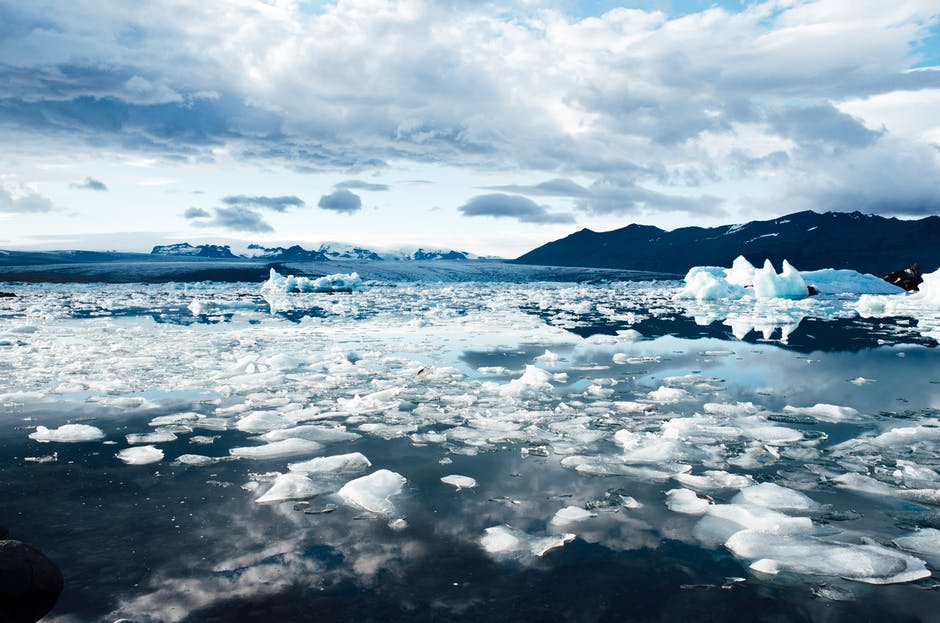The 86-year-old social scientist says accepting the impending end of most life on Earth might be the very thing needed to help us prolong it
“We’re doomed,” says Mayer Hillman with such a beaming smile that it takes a moment for the words to sink in. “The outcome is death, and it’s the end of most life on the planet because we’re so dependent on the burning of fossil fuels. There are no means of reversing the process which is melting the polar ice caps. And very few appear to be prepared to say so.”
Hillman, an 86-year-old social scientist and senior fellow emeritus of the Policy Studies Institute, does say so. His bleak forecast of the consequence of runaway climate change, he says without fanfare, is his “last will and testament”. His last intervention in public life. “I’m not going to write anymore because there’s nothing more that can be said,” he says when I first hear him speak to a stunned audience at the University of East Anglia late last year.

From Malthus to the Millennium Bug, apocalyptic thinking has a poor track record. But when it issues from Hillman, it may be worth paying attention. Over nearly 60 years, his research has used factual data to challenge policymakers’ conventional wisdom. In 1972, he criticised out-of-town shopping centres more than 20 years before the government changed planning rules to stop their spread. In 1980, he recommended halting the closure of branch line railways – only now are some closed lines reopening. In 1984, he proposed energy ratings for houses – finally adopted as government policy in 2007. And, more than 40 years ago, he presciently challenged society’s pursuit of economic growth.
When we meet at his converted coach house in London, his classic Dawes racer still parked hopefully in the hallway (a stroke and a triple heart bypass mean he is – currently – forbidden from cycling), Hillman is anxious we are not side-tracked by his best-known research, which challenged the supremacy of the car.
“With doom ahead, making a case for cycling as the primary mode of transport is almost irrelevant,” he says. “We’ve got to stop burning fossil fuels. So many aspects of life depend on fossil fuels, except for music and love and education and happiness. These things, which hardly use fossil fuels, are what we must focus on.”
Read more: The Guardian


